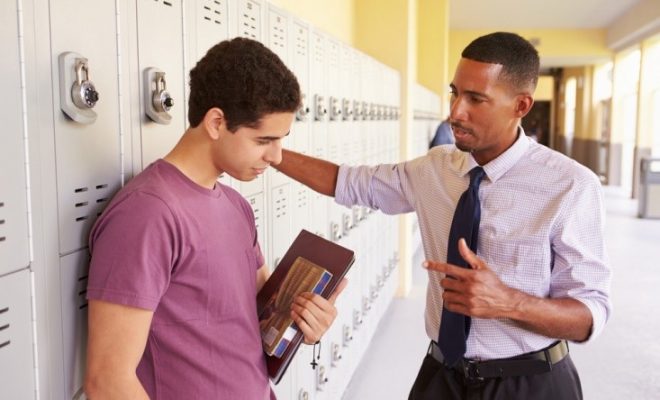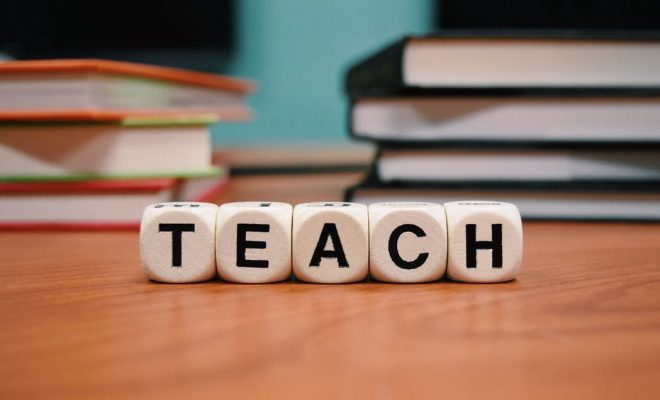Education Accountability Has to Evolve

Today, schools are kept under close watch, more than ever before, and held more accountable for their student’s education. But, what’s the meaning of this accountability, and who should be held responsible?
America gives its children the right to education and attend school – from kindergarten through high school. Though all children should have access to quality education, this doesn’t hold true in real life. Who’s responsible for the education system’s shortcomings – the federal education department, administrators, teachers, or the State education departments? In some way, each one is responsible for the educational career of its students.
Federal Mandates
These mandates try to give every kid in America an equal and fair chance of succeeding by bringing quality education to them. However, it fails to address major issues like school budgets, internet access, and socioeconomic situations in various areas of the country. Though the government continues to find methods to address the issues of students’ growth and schools’ success, a plan that completely addresses all issues is yet to be created.
NCLB: A Step In the Right Direction
Under the NCLB, schools were pushed to have high proficiency rates on standardized tests and achieve a level that considered students’ learning satisfactory. Yet, several other factors affecting a student’s learning weren’t taken into account. Students can learn methods to pass a test, but these methods don’t teach them to understand and retain information. In the methods model, students learn to get rid of the wrong answers and establish a link between the question and the correct answer. However, using this method doesn’t necessarily mean students understand the ideas and concepts that they studied during that particular year and in the preceding ones.
ESSA: Still Falls Short
The NCLB has been replaced by the Every Student Succeeds Act that considers more factors than mere proficiency testing. But a shortfall in ESSA is putting away the creative outlets that promote student growth and development. These courses include music, physical education, the arts, and several other “elective type” classes. Additionally, immersive opportunities have been reduced that no longer let students get firsthand experiences that they could get in the past. A significant decrease in students’ time on non-tested subjects like Science and History also adversely impacts their education. However, other factors, like student absenteeism, are considered when evaluating the school.
Local Schools’ Responsibility
Administrators and teachers need to be held accountable for their student’s education. Research by several prominent psychologists on kids’ development and the human brain’s capacity to retain information shows that often, there’s a small and limited window to learn specific skills. If skills, like speech, aren’t learned before that window closes, they can’t be acquired later.
Famous yet unfortunate cases like that of America’s feral child – Genie Wiley, gave psychologists and doctors foundational evidence that language and skill acquisition are delicate skills that need to be developed within an extremely short timeframe. Not holding educators and administrators answerable for these skills and the student’s overall development could mean them losing a year of progress, if not more.
Conclusion
Though holding schools accountable is right, the education system is yet to address accountability appropriately as it still misses some targets. Schools shouldn’t lack quality educators, teachers shouldn’t have unachievable goals to accomplish, and new teachers shouldn’t be shoved into a class with the most vulnerable students. Continued work is needed on various legislations that should be flexible. Just as school districts, administrators, and teachers should develop with breakthroughs and new trends in education, accountability too needs to evolve.






